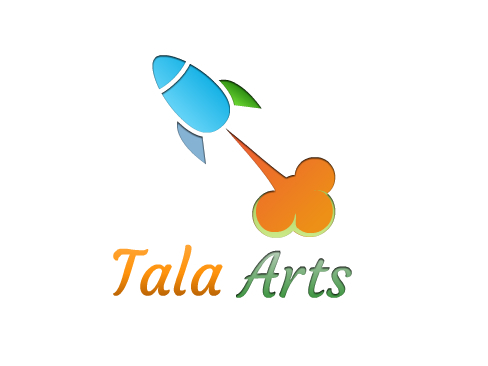Thinking about planning the upcoming year is always a new year’s resolution, right? So here we are, mid-March…..why not? Long after everyone else has abandoned their resolutions seems like a good time to make yours!
Did you know that getting your wishes and dreams down on paper and out of your head as mere thoughts, they’re far more likely to become goals (dreams with legs), and eventually be accomplished? Yep, it’s true.
I learned the benefits of planning out the upcoming year about twelve years ago when I discovered Leonie Dawson’s workbooks. Her business is Shining Biz & Life Academy, but you don’t need to join the academy to use the workbooks. When I first found her they were simple but colorful downloadable PDFs. They have advanced to being sold on Amazon. I’ve since moved on to Claire Mitchell’s Awesome Marketing Planner, as I found it to be more suitable for me, and more streamlined.
The thing is, there are a bunch of different planners out there, which I’ve covered in recent blog posts. In this post, I want to talk about the importance of a yearly planning session.
I learned a lot from doing those workbooks. Most people don’t yet know how important it is to write everything down; not only writing, but reviewing periodically. You can only improve what you measure. The most successful people write down their goals and review them. You can read Leonie Dawson’s explanation here, about the best one I know.
Getting Started
So, what do you need? What tools, tips, checklists? Well, it can be as easy or complicated as you want. I prefer plain and simple; the less cluttered the process is for me, the easier I can think. Someone else might like the artistic and fancy approach in order to inspire creative thinking. It’s really a personal choice.
Some suggestions – all free!
Year Compass describes itself as, “a booklet that helps close your year and plan the next one. In the routine of everyday life it’s easy to lose sight of your true goals and aspirations. And even though we all have dreams, only a few of us plan for them. Effectively, at least. YearCompass works simply. Using questions and exercises rooted in psychology it takes you through the past year, then helps you turn your dreams into achievable goals.”
You could use Google Calendar for a no-frills way to plan your year in advance. Remember, it’s not a matter of simply writing (or typing) hopes and wishes. Something that guides you to ask the right questions and answers is ideal. With Google Calendar you’re kind of on your own in that respect, but if you’ve done it before and are familiar with the process you’ll be fine.
Productivityist guides you step-by-step to planning your year. They tell you that once you graduated from high school or college, you might have become less organized, and going back to that level of organization is key to reaching your goals.
Michael Hyatt tells the story – you might have heard variations of it already – when famed organizer Stephen Covey figured out that putting big rocks into a jar has to precede the smaller ones, or the big, important ones won’t fit. He has a clever three-year “time block tool” in Excel you can check out.
Fun Cheap or Free offers a unique way to plan your year in advance, “the simple way.” I haven’t looked into this method, but like all the other links I’ve given you here, it’s free.
And to top it off, if you’re like me, a die-hard Google Calendar devotee, “8 New Google Calendar Features You Should Start Using Now.” It might or might not help you plan an entire year at once, but maybe there are some features you haven’t discovered yet. Software doesn’t come with user guides anymore, so there are always new things to learn!
Photo by Kelli Stirrett on Unsplash
 Copyright secured by Digiprove © 2018 Ellen Clarke
Copyright secured by Digiprove © 2018 Ellen Clarke 

Recent Comments